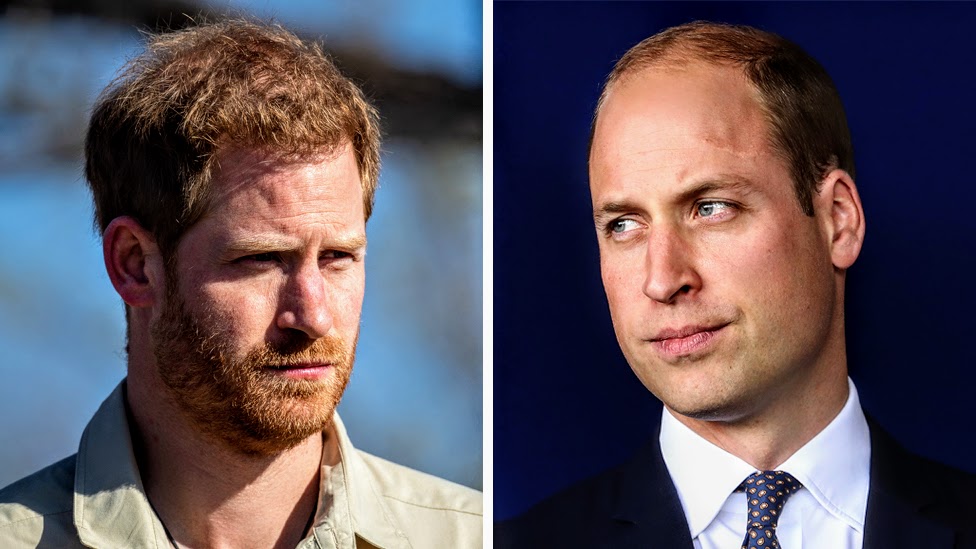Many people, more so parents, marvel at the differences between siblings. If we turn to science, though, there are several good explanations for such disparities. For instance, we know that children inherit half of their DNA from each parent. However, the distribution of this DNA can vary considerably between babies with the same parents. Even if, in theory, two siblings could have completely different genes from each other, in practice, it is much more complicated since each child acquires a random mixture of half the genes from both parent.
"The shuffling around is between the grandparents' DNA as the egg and the sperm are formed," said Leah Burke, a pediatric geneticist and chair of the American Academy of Pediatrics' Council on Genetics. When a woman generates an egg cell, or a man a sperm cell, that cell contains a blend of the DNA they got from their own parents. And it's a different combination every time. This is the reason why siblings can inherit genetic codes that are less similar than commonly assumed.
The mix of our genetic code is even more complex than that. John Pappas, director of clinical genetics services at Hassenfeld Children's Hospital at NYU Langone, stated, "The majority of our traits are polygenic." That means they involve many genes. And the options for variance between DNA repartition don't stop there. Epigenetics (the study of how our behavior and environment can change how our genes work) also has a big impact. Factors such as diet and stress, among many others, can modify the ways genes are expressed. This is why genes shared between siblings might give extremely different results.
Prenatal exposure to alcohol, or premature birth, for example, can "temper the genetics by quite a bit," said Leah Burke, who believes that further research will show that many more traits are more heritable than we think today. "What you do with your genes is very different from one person to another, and that's largely environment," added Burke. The heated and longstanding debate over what matters more in raising kids - nature or nurture - is considerably changed with the realization that both factors work hand in hand in influencing how children develop.
Other important factors explaining the differences between two siblings are timing and the constantly changing circumstances in a family. "No two children have the same parents," said physician and author Gabor Mate in a viral TikTok interview. He explained that parents might have been at different stages in their personal lives when their kids are born (except for twins) and most probably respond differently to each child.
All things considered, differences between siblings should not be a surprise to the parents but a phenomenon worth encouraging. While they probably want to raise their kids as equally as possible, parents may also want to help them express their individuality - unless the goal is to breed perfect clones. "Everyone's life experience is different — and that is from the get-go. Giving your children space to be different is just extremely important," said Leah Burke. And that seems to be a good conclusion.

Picture: Harry & William (BBC)

